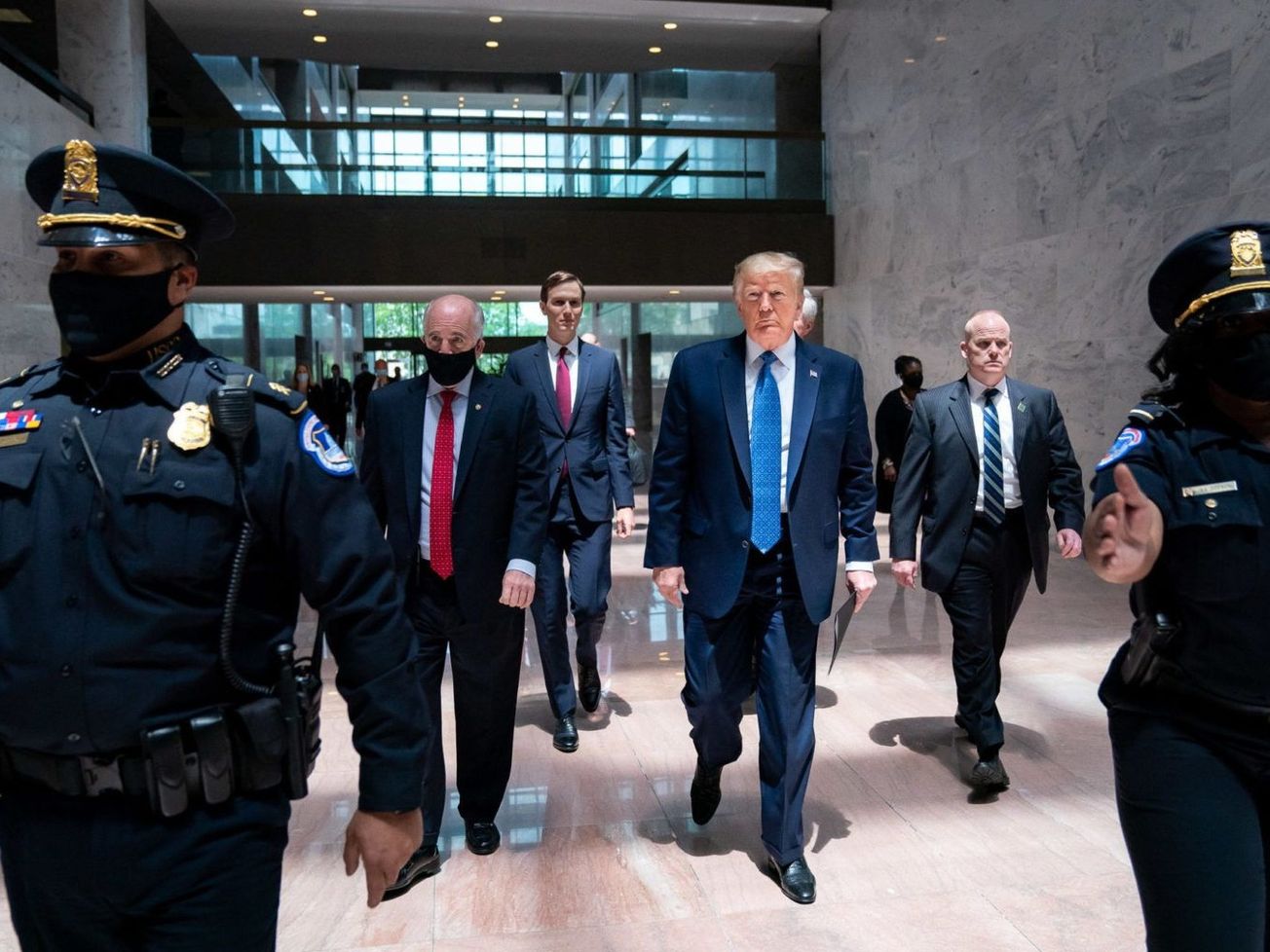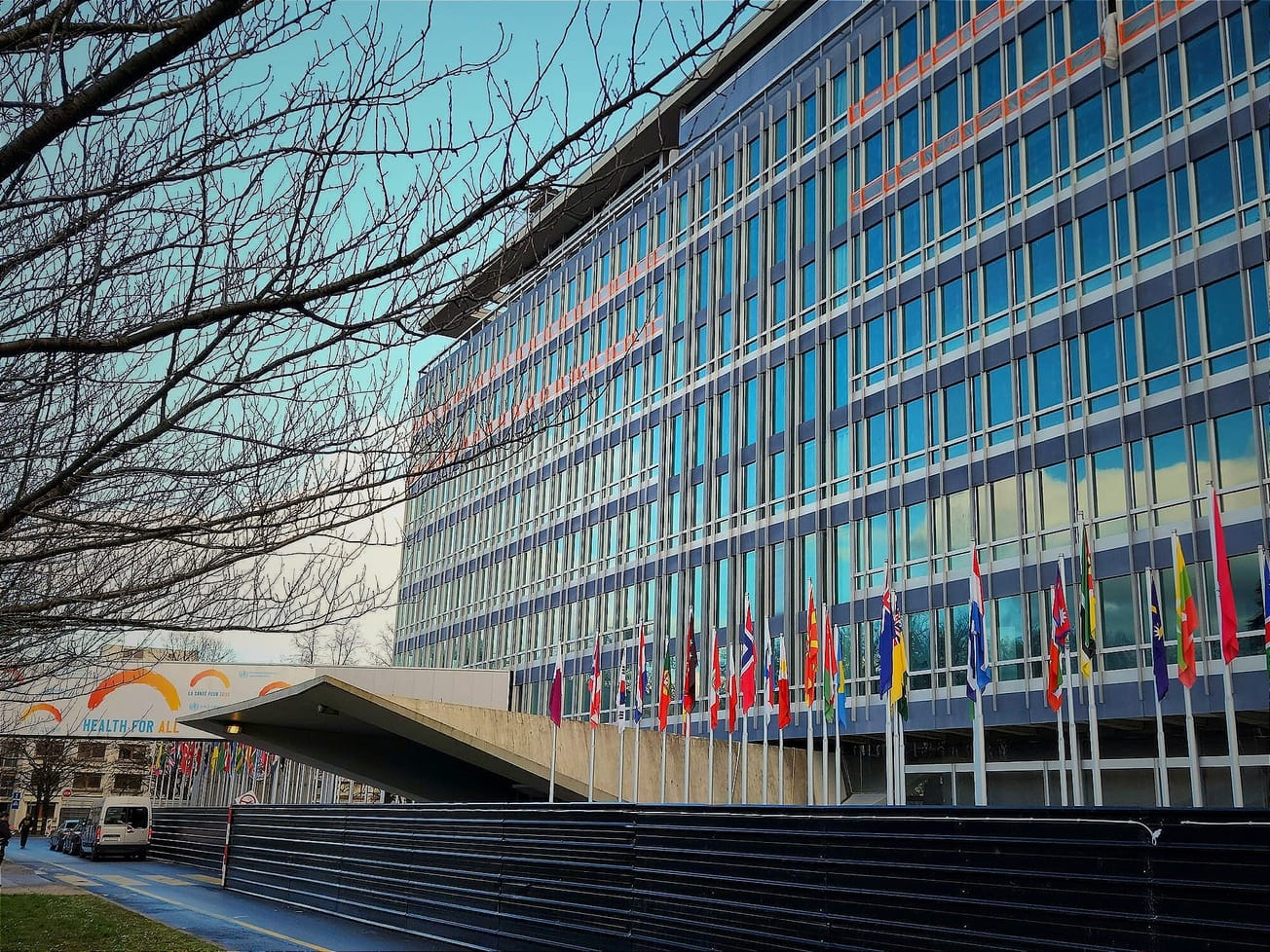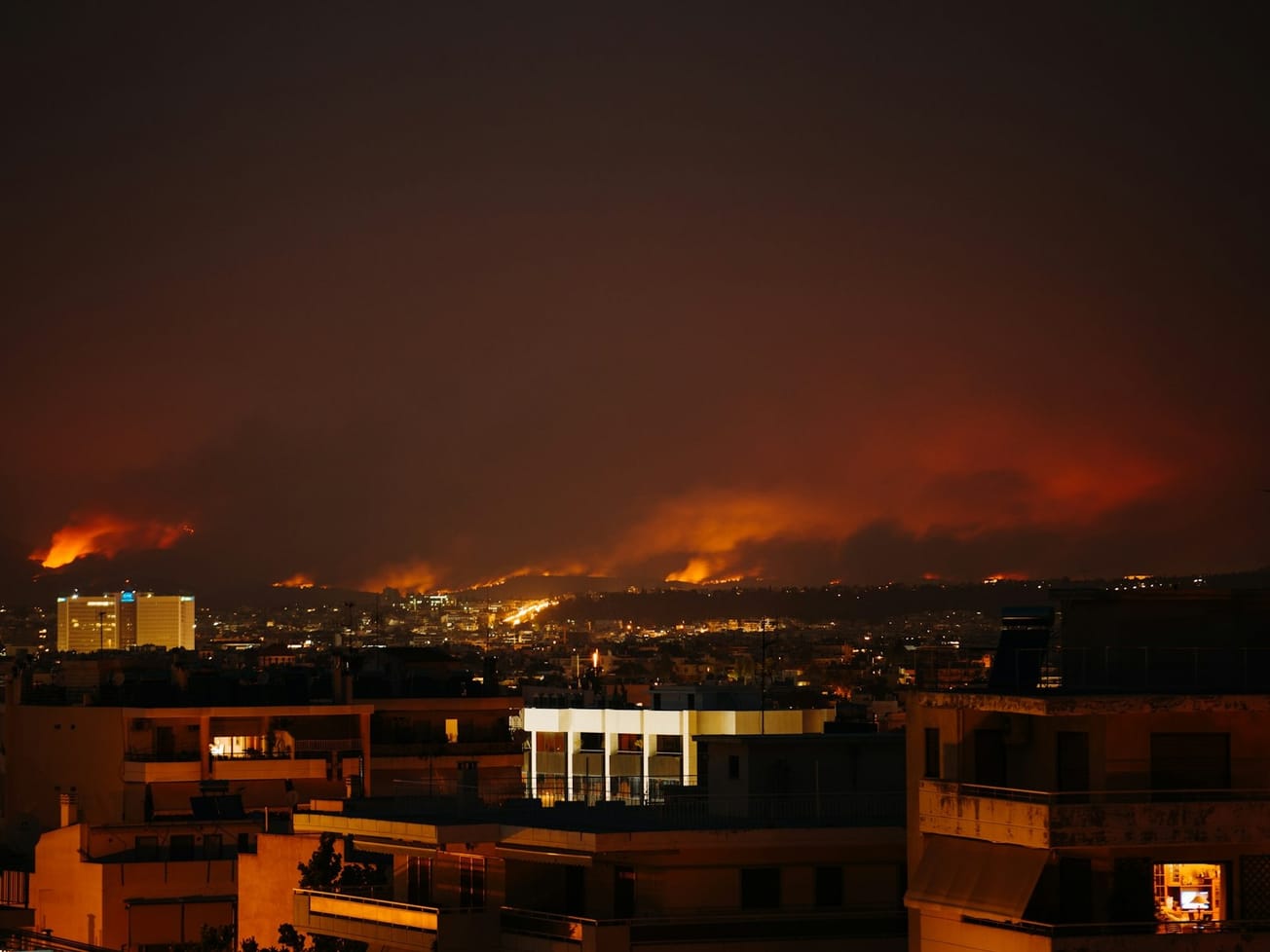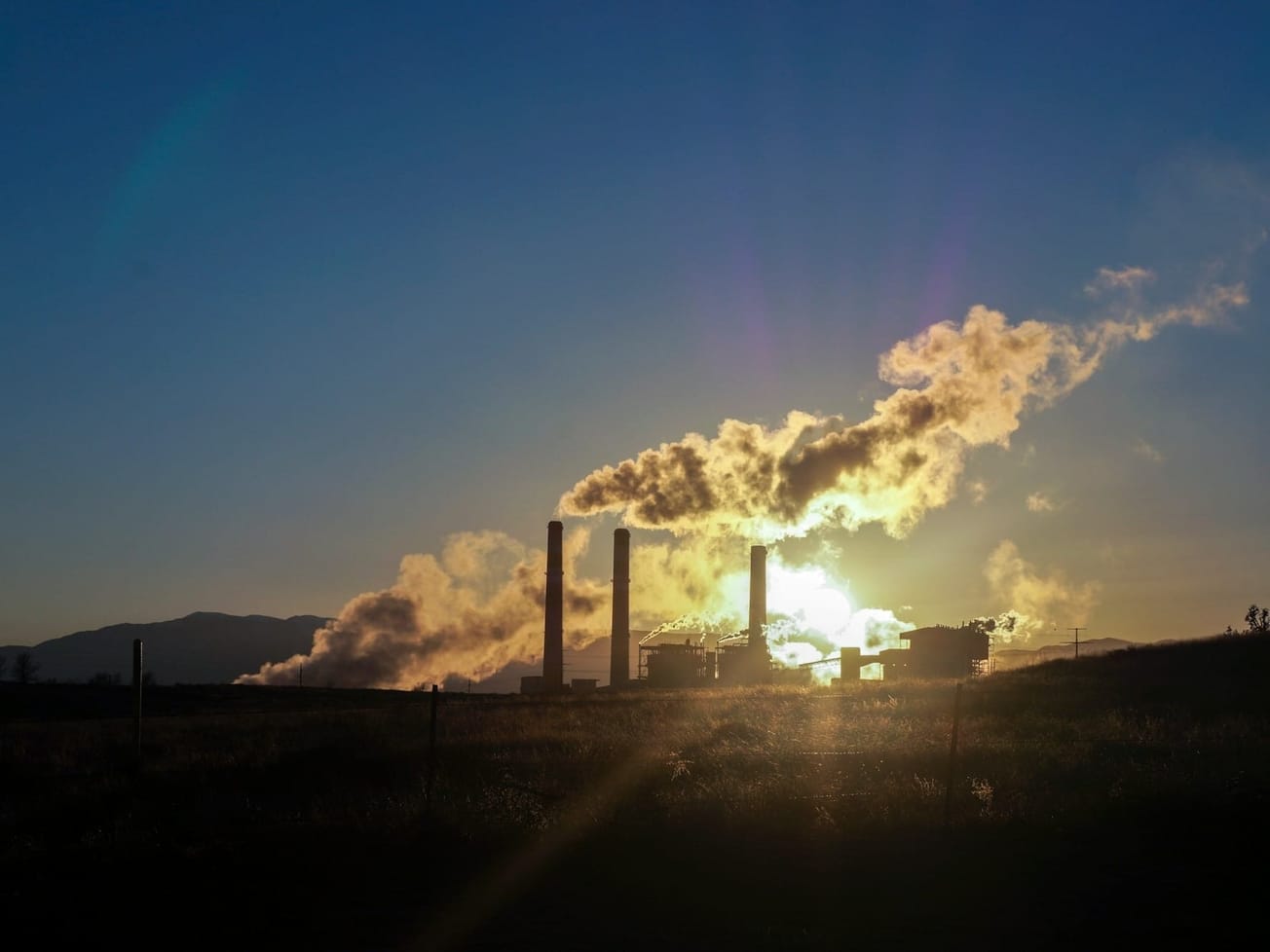WASHINGTON (AN) — U.S. President Donald Trump announced on Friday he will withdraw the United States from the World Health Organization, attempting to deflect blame for the health and economic crisis onto U.N. officials and China.
The decision culminates weeks of White House tirades attempting to scapegoat the United Nations health agency and China for America's more than 1.7 million confirmed cases and 103,580 deaths.
Trump repeatedly cast WHO as kowtowing to the Chinese after the first COVID-19 cases were detected in Wuhan, China late last year. WHO walked a tightrope trying to placate China and the United States.
"China has total control over the World Health Organization, despite only paying US$40 million per year compared to what the United States has been paying, which is approximately US$450 million a year," Trump told a White House news conference.
“We have detailed the reforms that it must make and engaged with them directly, but they have refused to act," he said. "Because they have failed to make the requested and greatly needed reforms, we will be today terminating our relationship with the World Health Organization and redirecting those funds to other worldwide and deserving, urgent global public health needs.”
Criticism of Trump's announcement was fast and furious from medical authorities and political quarters.
Helen Clark, a former prime minister of New Zealand and ex-head of the U.N. Development Program, called it "counterproductive" for Trump to cut ties with WHO "at any time, let alone at time of health crisis" like the pandemic that has infected 5.8 million people and killed more than 360,000 worldwide.
"It's an effort to distract attention from his own disastrous handling of COVID-19," said Clark, who also co-chaired a commission of 40 child and adolescent health experts organized by WHO and UNICEF. "The world needs a USA working collaboratively, not throwing a tantrum."
The American Academy of Pediatrics said Trump's decision poses "grave risks" for children during an unprecedented global health crisis.
"The decision to withdraw risks causing a surge in polio cases and an increase in deaths of children from malaria, and it will further delay life-saving vaccination campaigns," the academy's CEO, Mark Del Monte, a lawyer and advocate, said in a statement.
“Withdrawing support from the WHO not only harms the global response against COVID-19 and prevents the United States from engaging the agency to enact meaningful reforms, but undermines the response to other major health threats impacting children," he said, adding that the academy urges the Trump administration to reconsider its position and keep working with the U.N. health agency.
Former presidential candidate and U.S. Senator Elizabeth Warren, Democrat of Massachusetts, said Trump’s decision to leave WHO during a global pandemic "alienates our allies, undermines our global leadership, and threatens the health of the American people. Trump needs to reverse this reckless decision immediately."
Key pillar of financial support
The U.S.-China feud dominated the World Health Assembly this past month when WHO's top governing body unanimously approved a resolution calling for an independent review of its response to the coronavirus pandemic.
The 194-nation assembly’s resolution called on WHO Director-General Tedros Adhanom Ghebreyesus to carry out an “impartial, independent and comprehensive evaluation” of the WHO-led international response to the COVID-19 outbreak “at the earliest appropriate moment.”
Tedros repeatedly praised China's initial response. A report by a joint WHO-China mission from February 16 to 24 — which included 25 experts from China, Germany, Japan, Nigeria, Russia, Singapore, South Korea, Russia, the U.S. and WHO — reported that China lost no time sharing what it knew.
"Full genome sequences of the new virus were shared with WHO and the international community immediately after the pathogen was identified on 7 January," the mission said in its final report. "On 10 January, an expert group involving Hong Kong, Macao and Taiwanese technical experts and a World Health Organization team was invited to visit Wuhan. A set of nucleic acid primers and probes for PCR detection for COVID-19 was released on 21 January."
Just as the assembly opened this month, Trump sent Tedros a four-page letter threatening to permanently withhold U.S. funding and to withdraw from the U.N. health agency unless it makes “major substantive improvements” within 30 days and shows it can “demonstrate independence from China.”
Tedros, a politician and public health expert who headed Ethiopia’s foreign affairs and health ministries, initially praised Trump’s handling of the pandemic. But last month, Tedros pushed back against White House attempts at scapegoating, threats of budget cuts and criticism that WHO took too long to raise the alarm over the pandemic.
Trump had told a White House press briefing that he would halt payments to WHO as his administration spent 60 to 90 days reviewing WHO’s role in “severely mismanaging and covering up the spread of the coronavirus.” Trump has repeatedly called COVID-19 the “Chinese virus” to emphasize its origin.
“Please don’t politicize this virus. It exploits the differences you have at the national level,” Tedros shot back at a news briefing in April. “If you want to be exploited, and if you want to have many more body bags, then you do it. If you don’t want many more body bags, then you refrain from politicizing it.”
The United States, United Kingdom and Bill and Melinda Gates Foundation are WHO's top backers. The United States contributes US$450 million a year — including US$118 million in mandatory dues — towards WHO’s more than US$4 billion budget, according to WHO budget figures.
WHO relies mainly on contributions from its 194 member nations and private organizations to pay for its budget and work plan. About 20% of its budget comes from mandatory dues; the rest comes from voluntary donations, along with some private sector and partner donations.
As the biggest financial contributor to the United Nations, the United States pays about 22% of the world body’s operating costs and a quarter of its peacekeeping operations.








